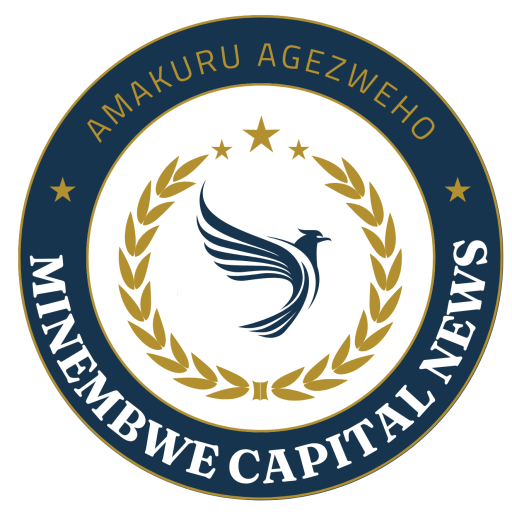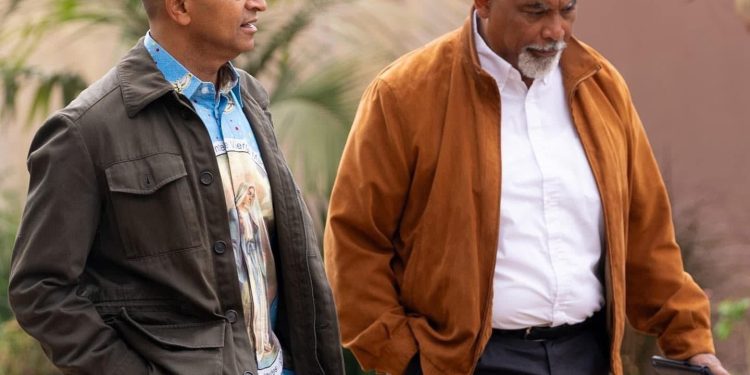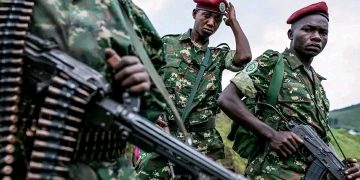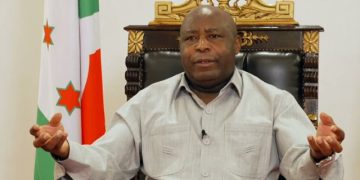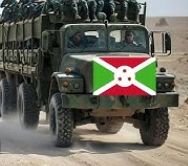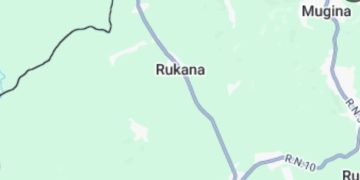The citizens of the Democratic Republic of Congo have requested the government of theit country to allow the provinces to be autonomous, as this would bring better living conditions for the people.
This was requested by the leader of the office of the party Assemble Pour la Republique, led by Moise Katumbi.
This leader, Olivier Kamitatu, has called for the provinces of this country to be granted the autonomy to manage their own resources.
He indicated that this could be a solution to the problems plaguing the country, including poor management of natural resources, failure to combat poverty, and ongoing conflicts.
This comes as the government, based in Kinshasa, determines how the natural resources of various provinces are utilized. He stated that this has contributed to the ongoing increase in conflicts that have persisted over time due to the fact that residents of the provinces do not benefit from the valuable minerals.
He provided an example showing that residents of what was once Katanga recently urged President Felix Tshisekedi to be held accountable for allegedly plundering the natural resources of their province.
One of the residents stated: “Since 2019, things have become very bad. Katanga has become a cash box for President Felix Tshisekedi’s family, extracting resources from these provinces, especially in Lualaba, yet he invests nothing back.”
Currently, the citizens are organized into mining cooperatives, and they have shown that their regions gain nothing from the resources they possess, as outsiders take them away and use them as they wish.
According to Kamitatu, this country could be divided into 5 provinces: Equateur, Kongo Centre, Kasai, and Katanga, each having its own autonomous government, with the power to manage its natural resources and establish policies for the economy, the well-being of the citizens, and culture.
He mentions that Katanga is a region rich in precious minerals, Oriental is a hub for agriculture, while Kansai has diamonds and extensive agricultural activities.
This politician indicated that this governance model would bring citizens closer to leadership, eliminate inequality, and ensure that national management based on culture functions effectively.
He concluded by explaining that this would be beneficial and could bring significant changes to the citizens of the Democratic Republic of Congo.
